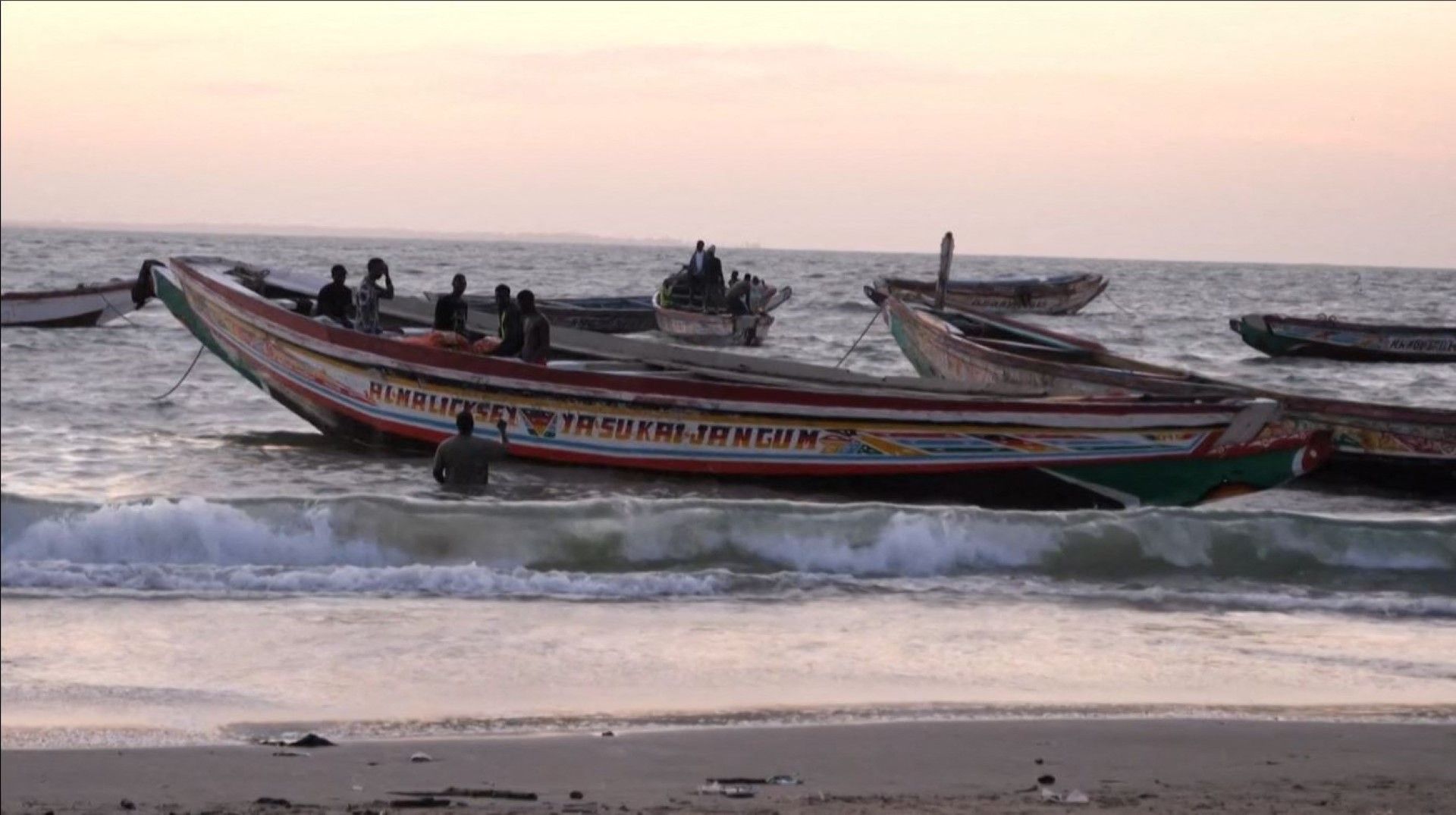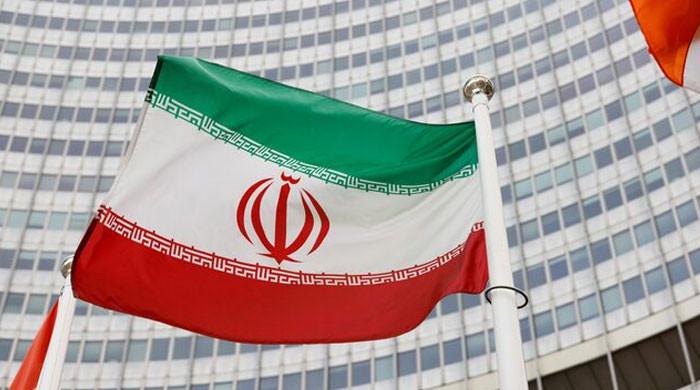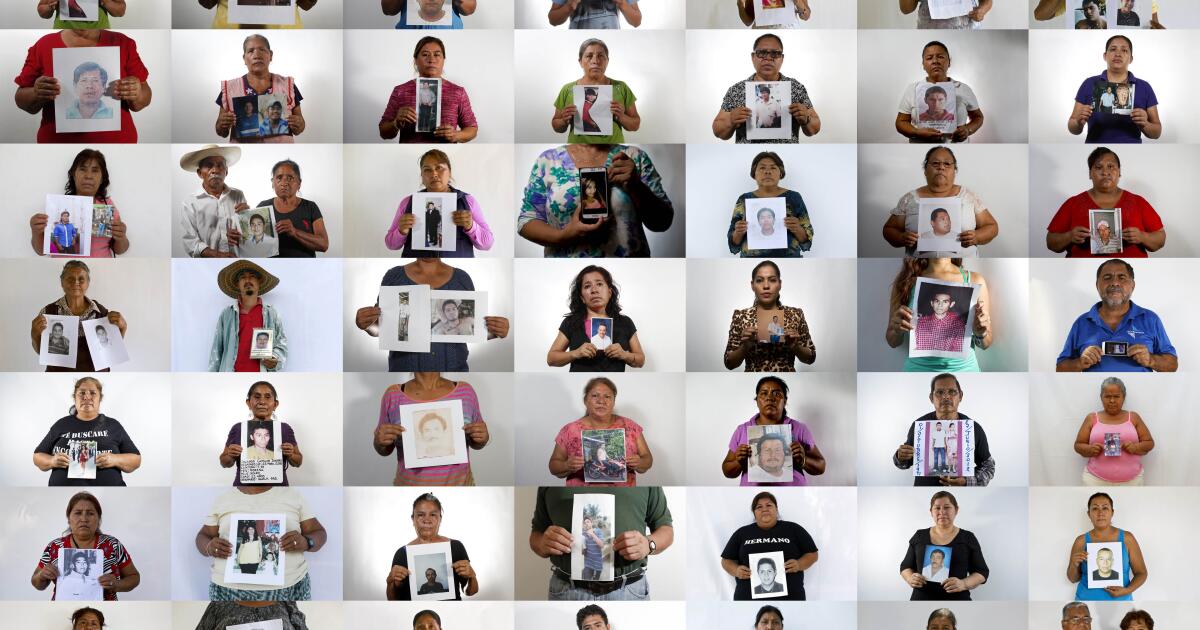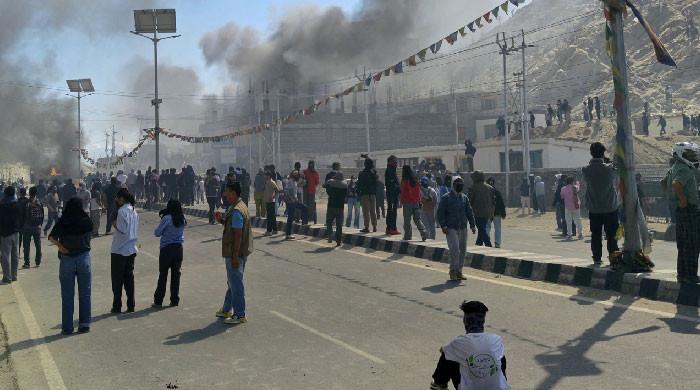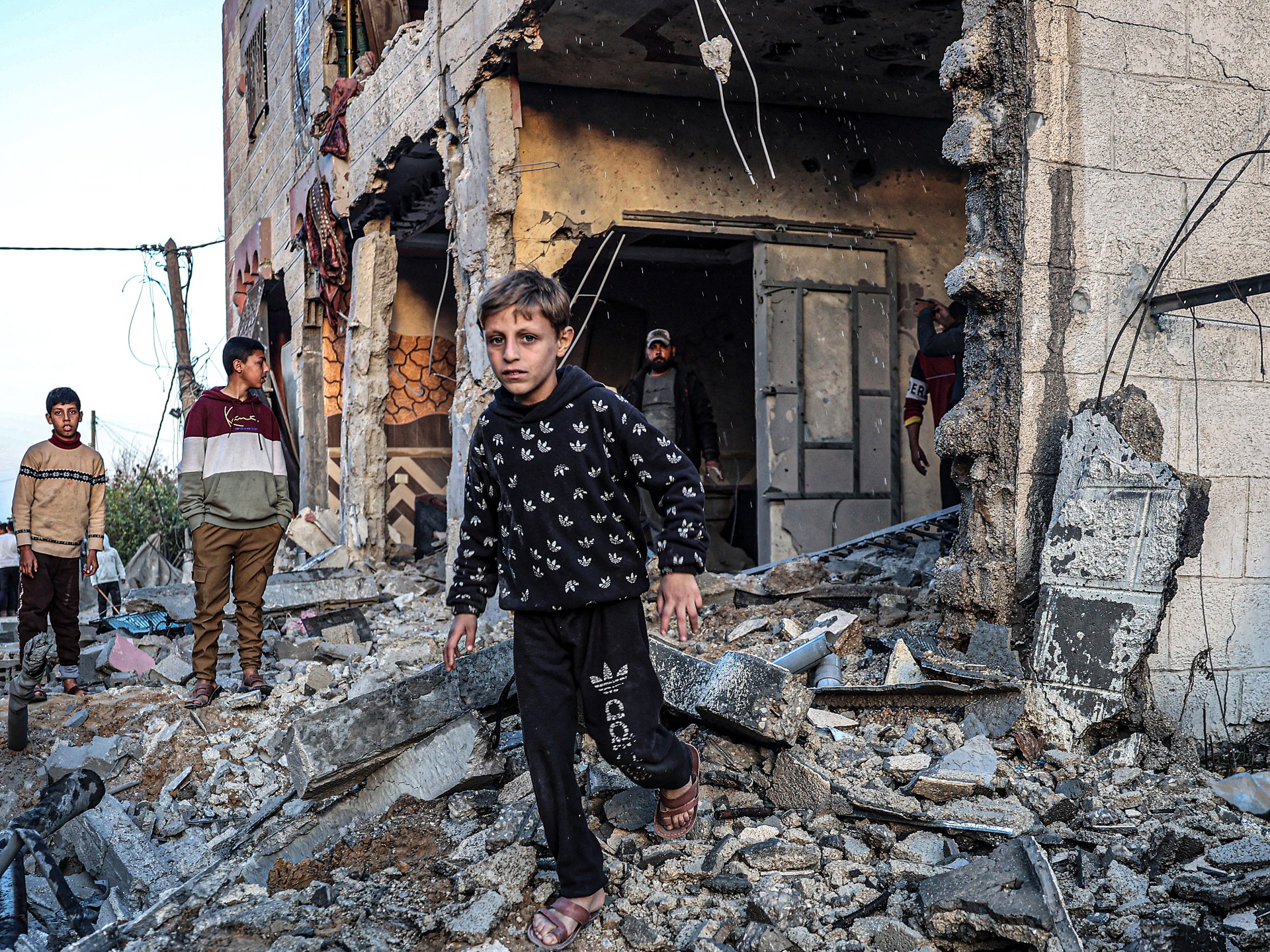Dozens of people are missing after a fishing boat left the Senegal-Gambia border with 170 people on board.
At least 89 migrants and refugees heading to Europe have died and dozens are still missing when their boat capsized off the coast of Mauritania, state media said.
The fishing boat capsized on Monday about four kilometres off the town of Ndiago on the southwestern coast of the African country. The Mauritanian coast guard recovered 89 bodies and rescued nine people, including a five-year-old girl, the state news agency reported on Thursday.
According to survivors quoted by state media, the boat had left the Senegal-Gambia border with 170 people on board, meaning 72 people are missing. A senior government official confirmed the information to the AFP news agency.
The boat capsized due to strong winds and large waves on the dangerous Atlantic route, known for its strong currents. Migrants travel in overloaded, often unseaworthy vessels without enough drinking water.
Earlier this year, the European Union pledged 210 million euros ($229 million) in financial support to Mauritania, a former French colony, to tackle migration and provide humanitarian aid to migrants.
The deal came amid a sharp rise in the number of migrants leaving the country for Spain's Canary Islands, located about 100 kilometers (62 miles) off the northwest coast of Africa.
More than 5,000 people died trying to reach Spain by sea in the first five months of this year, or the equivalent of 33 deaths a day, according to Caminando Fronteras, a Spanish charity. The vast majority of them on the Atlantic route.
Deadly land routes
More people are choosing to travel by land and deaths among people crossing dangerous routes in the Sahara are estimated to be twice as high as those occurring at sea, according to a new report by the United Nations refugee and migration agencies and the Mixed Migration Centre research group.
“Refugees and migrants are increasingly passing through areas where insurgent groups, militias and other criminal actors operate, and where human trafficking, kidnapping for ransom, forced labour and sexual exploitation are rife,” said the report, released on Friday.
The report, which was researched over three years, says conflict and instability in countries such as Mali, Burkina Faso and Sudan are driving an increase in the number of journeys to the Mediterranean.
In total, 1,180 people are known to have died crossing the Sahara Desert between January 2020 and May 2024, but the death toll is believed to be much higher, according to the report, which was based on testimonies from more than 31,000 people.
This year alone, more than 72,000 people took land routes to the Mediterranean, and 785 died or went missing during that period, according to figures from the UN Refugee Agency (UNHCR).
Libya has become a major transit point for those fleeing war and poverty. In March, authorities discovered a mass grave containing at least 65 bodies in the country's western deserts.
Respondents considered Algeria, Libya and Ethiopia to be the most dangerous transit countries.
The report lists hundreds of cases of organ removal, some of which were accepted by migrants as a way of making money.
“But most of the time, people are drugged and their organs are removed without their consent: they wake up and a kidney is missing,” explained UNHCR special envoy Vincent Cochetel.

